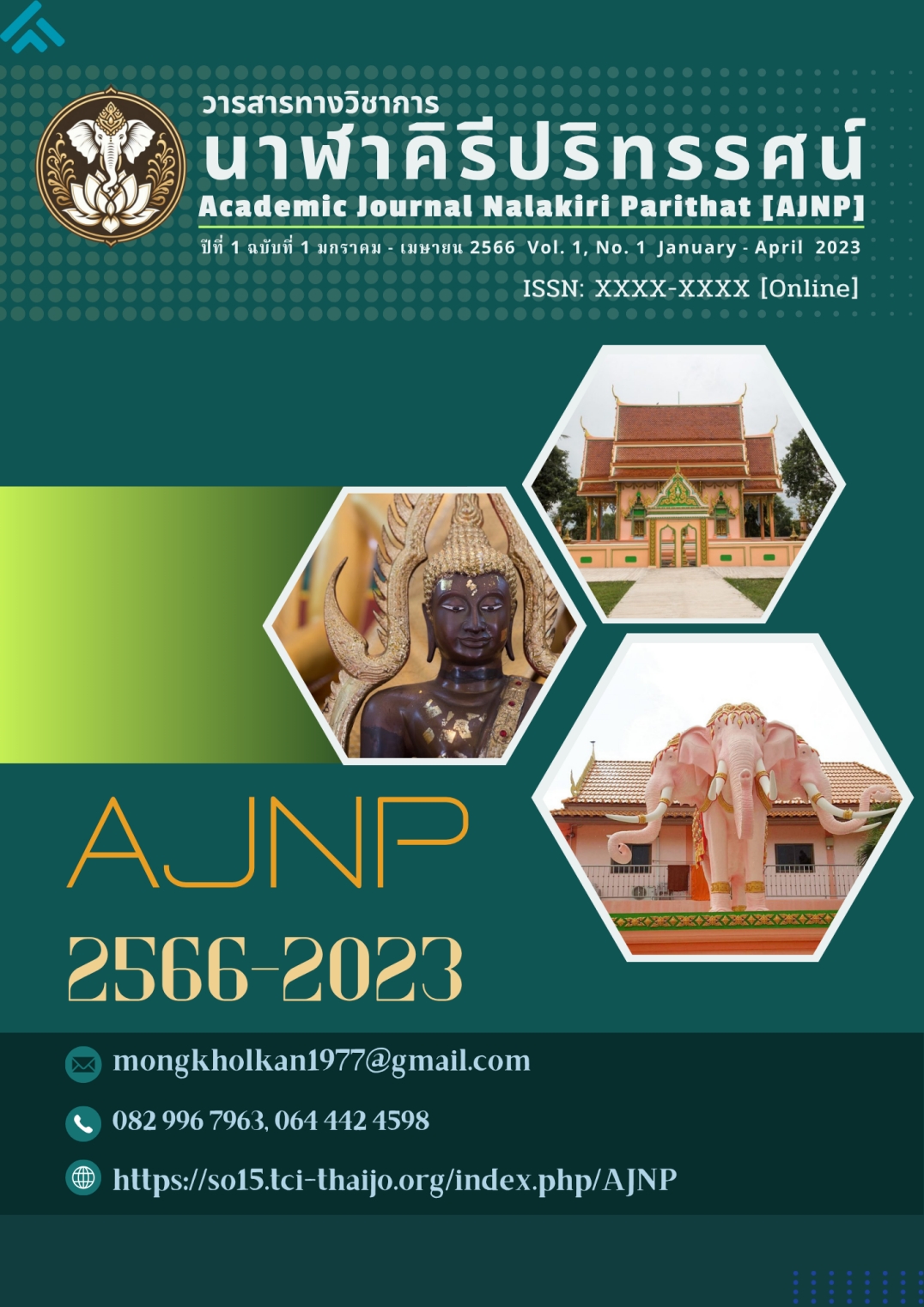Free will: The Foundation of the Structural Concept of Leadership
Keywords:
free will, Concept base, HumanismAbstract
In the case where we have the desire to give one desire as a will and succeed. The resulting will is called free will because it is determined according to the second-level desires that we have. In other words, we control our own actions and do not let them happen haphazardly. Calling such cases free will is appropriate because actions that we decide on our own are said to be free actions. We can say that the will that arises from our determination is free will. In cases where we try to impose a desire as a will but are unsuccessful because we cannot resist the stronger desire. The will that arises is not free will because it is not under our control. In cases where we allow actions to be taken in accordance with stronger desires. It is the case that we do not use the potential that we have. Actions that do not result from an effort to control oneself are not actions of free will.
Note that this distinction between free will and non-free will does not involve the question of whether we are genetically or environmentally determined. This issue is therefore seen as not related to the question of whether humans have free will or not. Suppose it is true that human actions can be traced to the ultimate cause of these two factors. But humans still have free will. “Freedom” is a fragrant word that invites the desire of the “new generation” and humans in an era of political regimes. Democratic governance blossoms in the global community. Even in the economic aspect, "free trade" is specified, which must not be blocked by any trade protection measures without borders. Every human being seeks freedom. Want to get freedom Meanwhile Striving for freedom can lead to a state of freedomlessness.
The word “freedom” has a very broad meaning, an abstract meaning hidden in the concreteness of free action. Therefore, if we were to define it in one meaning, It is a narrow matter, so there are many different definitions of the word “freedom”. The simplest meaning of the word “freedom” is “a state without the threat of external force. Therefore, a “slave” does not have freedom. Because there are others forcing me all the time. Only when he was released they have the right to live in society on an equal footing with others. Have the right to do your own work manage their produce as well as their own lives and property as they see fit Therefore it will mean He has freedom now.
References
เค.เอ็น. ชยติลเลเก. (2556). พุทธญาณวิทยา. แปลโดย ดร.สมหวัง แก้วสุฟอง. กรุงเทพฯ: มหาวิทยาลัย มหาจุฬาลงกรณราชวิทยาลัย.
จรูญ สุภาพ. (2522). หลักรัฐศาสตร์. กรุงเทพฯ: ไทยวัฒนาพานิช.
จำนงค์ ทองประเสริฐ. (2518). ปรัชญาตะวันตกสมัยกลาง. กรุงเทพฯ: แพร่วิทยา.
จวงจื่อ. . (2556). จวงจื่อ ฉบับสมบูรณ์. แปลโดย สุรัติ ปรีชาธรรม. กรุงเทพฯ: โอเพนบุ๊คส์.
เจษฎา ทองรุ่งโรจน์. (2557). พจนานุกรมอังกฤษ-ไทย ปรัชญา. กรุงเทพฯ:
ชัยวัฒน์ อัตพัฒน์. (2520). จริยศาสตร์. กรุงเทพฯ: รวมคำแหง.
ชาร์ลส์ ดาร์วิน. (2558). กำเนิดสปีซีส์.(The Origin of Spicics). แปลโดย ดร.นำชัย ชีววิวรรธน์ และคณะ. พิมพ์ครั้งที่ 2. กรุงเทพฯ: สารคดี.
ซี.อี.เอ็ม.โจด. (2521). ปรัชญา (Philosophy). แปลโดย วิทย์ วิศทเวทย์. พิมพ์ครั้งที่ 3. กรุงเทพฯ: โครงการตำราสังคมศาสตร์และมนุษยศาสตร์ สมาคมสังคมศาสตร์แห่งประเทศไทย.
เดือน คำดี. (2522). ปรัชญาตะวันตก. กรุงเทพฯ: มหาวิทยาลัยเกษตรศาสตร์.
บุญทัน ดอกไธสง. (2523). พื้นฐานแนวคิดและปรัชญาทางการเมือง. กรุงเทพฯ: โอเดียนสโตร์.
ประทุม อังกูรโรหิต. (2519). การศึกษาเชิงวิเคราะห์ความคิดของวิตต์เกนสไตน์เกี่ยวกับความหมายของปรัชญา. วิทยานิพนธ์อักษรศาสตรมหาบัณฑิต. แผนกปรัชญา. จุฬาลงกรณ์มหาวิทยาลัย.
ปรีชา ช้างขวัญยืน. (2549). ปรัชญากับวิถีชีวิต. กรุงเทพฯ: สำนักงานคณะกรรมการการอุดมศึกษา.
เปลโต. (2553). โสกราตีส. แปลโดย ส.ศิวรักษ์.พิมพ์ครั้งที่ 8. กรุงเทพฯ: สยาม.
พระมหาขวัญชัย กิตฺติเมธี. (เหมประไพ). (2557). การศึกษาเชิงวิพากษ์ความสัมพันธ์ระหว่างภาษากับความเป็นจริงในพุทธปรัชญาเถรวาท. วิทยานิพนธ์พุทธศาสตรดุษฎีบัณฑิต. บัณฑิตวิทยาลัย มหาวิทยาลัยมหาจุฬาลงกรณราชวิทยาลัย.
พระราชวรมนุรี (ประยูร ธมฺมจิตฺโต). (2540). ปรัชญากรีก: บ่อเกิดภูมิปัญญาตะวันตก. พิมพ์ครั้งที่ 3.กรุงเทพฯ: สยาม.
พระพรหมคุณาภรณ์ (ป.อ. ปยุตฺโต). (2550). การพัฒนาที่ยั่งยืน. พิมพ์ครั้งที่ 6. กรุงเทพฯ: สหธรรมิก.
พระพรหมคุณาภรณ์ (ป.อ. ปยุตฺโต). (2553). พจนานุกรมพุทธศาสตร์ฉบับประมวลศัพท์. พิมพ์ครั้งที่ 15. กรุงเทพฯ: สหธรรมิก.
พระราชวรมุนี (ประยุทธ์ ปยุตฺโต). (2523). พจนานุกรมพุทธศาสตร์. กรุงเทพฯ: มหาจุฬาลงกรณราชวิทยาลัย.
สมัคร บุศราวาศ. (2496). พุทธปรัชญา. กรุงเทพฯ: มหามกุฎราชวิทยาลัย.
สุชีพ ปุญญานุภาพ. (2524). พระไตรปิฎกสำหรับประชาชน ย่อความพระไตรปิฎกฉบับภาษาบาลี. กรุงเทพฯ: มหามกุฏราชวิทยาลัย.
ส.เสถบุตร. (2500). New Modem English Dictionary. กรุงเทพฯ: ไทยวัฒนาพานิช.
อาสภเถระ. (2518). การบรรยายธรรมของอาสภะเถระ. กรุงเทพฯ: วัดมหาธาตุ.
Decken, Alfons. (1974). Process & Permancnce in Ethics. New York: Paulist Press.
Eacker, Tay.N. (1975). The Problems of Philosophy and psychology. Chicago: Nelson-Hall.
Feinbery, Joel. (1969). Reason and responsibility of Philosophy. Califomis: Dickenson Publishing Company Inc.
George E.Moore. (1912). Ethics. London: Oxford University Press.
Ian Brownlie. (1971). Basic Ducuments on Human Right. London: Larendon, Press.
Josiah Royce. (1968). The Philosophy of Loyalty. New York: The MacMillan Co.
Downloads
Published
How to Cite
Issue
Section
License

This work is licensed under a Creative Commons Attribution-NonCommercial-NoDerivatives 4.0 International License.



